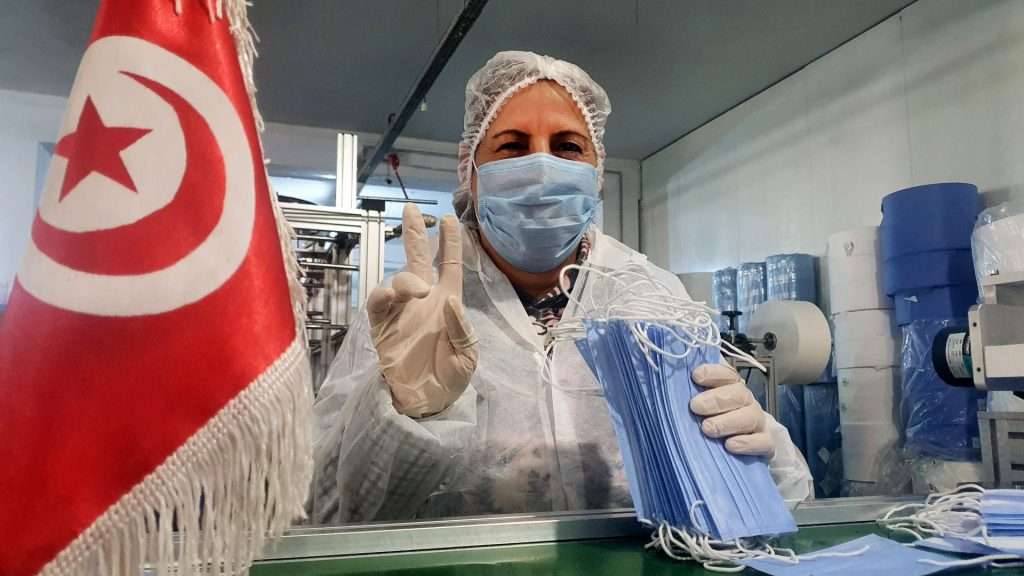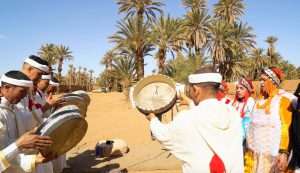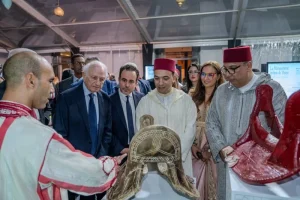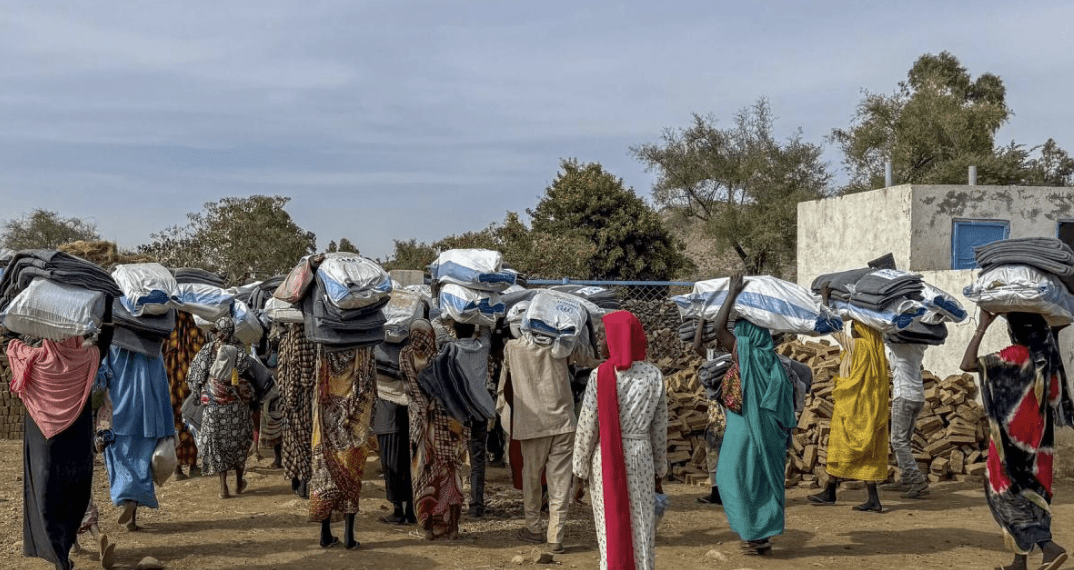Medical tourism in Tunisia attracts patients and their wallets

Tunisia’s stellar healthcare services attract millions of people and billions of dollars, according to Al Arabiya News and agencies.
More than two million foreigners generated around $1.1 billion dollars in the medical tourism sector last year.
Tunisian authorities hope to further dilate the profitable sector in an attempt to revive the debt-stricken country from its dire economic condition.
Health ministry official, Nadia Fenina, recognises the “strong potential” of the medical tourism sector and is pushing to “implement a medical visa.” Fenina states that the growth of the medical tourism sector is possible, if the government can “overcome some obstacles and limitations,” such as the complicated visa procedures and non-direct flights.
A young woman from Niger, Bintou Yunoussa, visited a Tunisian fertility clinic with hopes of ending her struggle to conceive. She was recommended the clinic by her “sister-in-law [who] had twins after an insemination carried out in Tunisia,”
The same clinic received 450 patients for in vitro fertilisation (IVF) last year, many being from sub-Saharan African countries where treatments may be unavailable or difficult to access, said Dr Fethi Zhiwa.
Of the nine million tourists visiting Tunisia last year, over 500,000 foreign patients were hospitalised and around two million received same-day treatment.
READ: Desperate Gazan patients accomodated in Tunisian hospitals
Fenina told AFP, “Tunisia is number one in Africa in terms of healthcare demand and supply,” and is home to “world-renowned fertility specialists” according to Dr Zhiwa.
With patients as loyal to Tunisia’s healthcare services as Mohamed, a 59 year old Libyan man who visits Tunisia twice a year to see the doctor he vowed to “never change”, it’s easy to see how authorities are keen to quickly expand the medical tourism sector.
As Mohamed planned to “spend a few days relaxing in Tabarka,” with his wife after his medical appointment, Fenina’s focus on making the medical tourism sector more accessible for foreign patients would prove to be beneficial for Tunisia.
“Medical tourism is linked to the general tourism sector, because a foreign patient is also a tourist who generally does not come alone,” said Fenina.
In spite of Tunisia’s president describing “hoards” of Africans as a threat to the country, resulting in anti-migrant ideas amongst some of Tunisia’s citizens, Yunoussa still considers Tunis a place of welcome.
“I feel at home here,” said Yonoussa.
AAN/AFP
Want to chase the pulse of North Africa?
Subscribe to receive our FREE weekly PDF magazine














